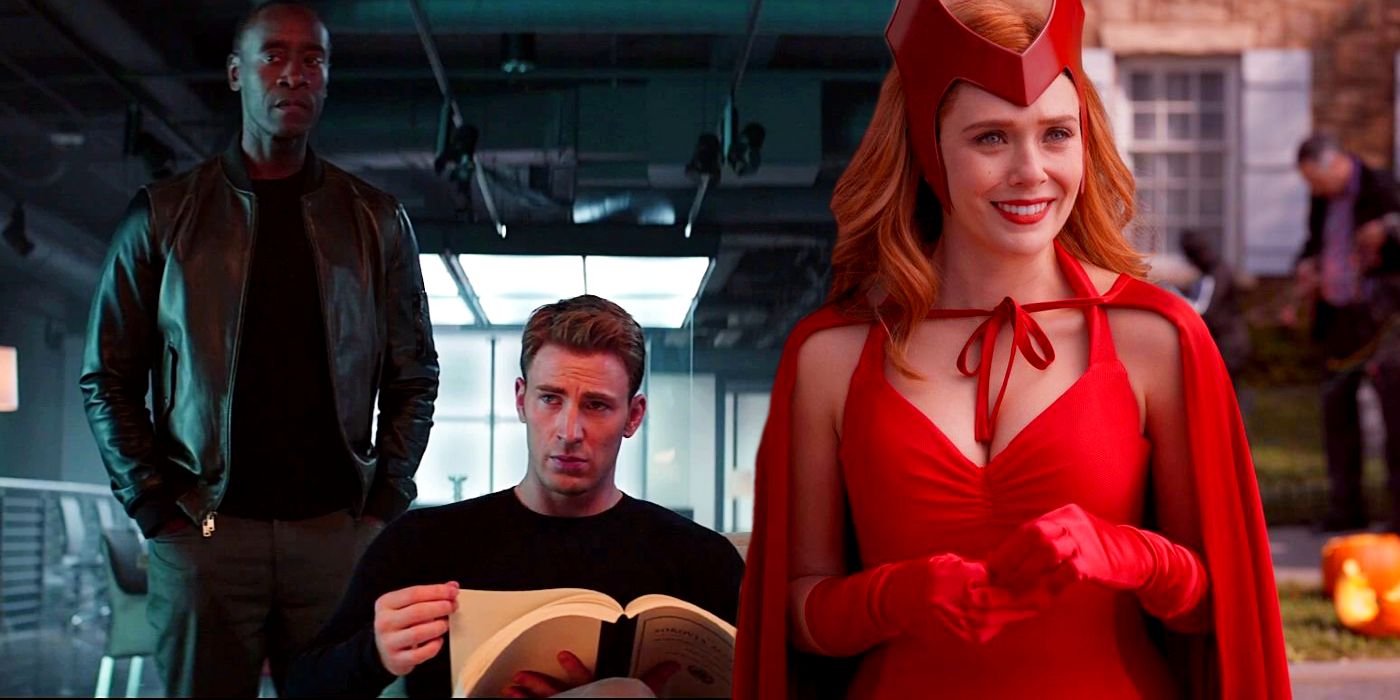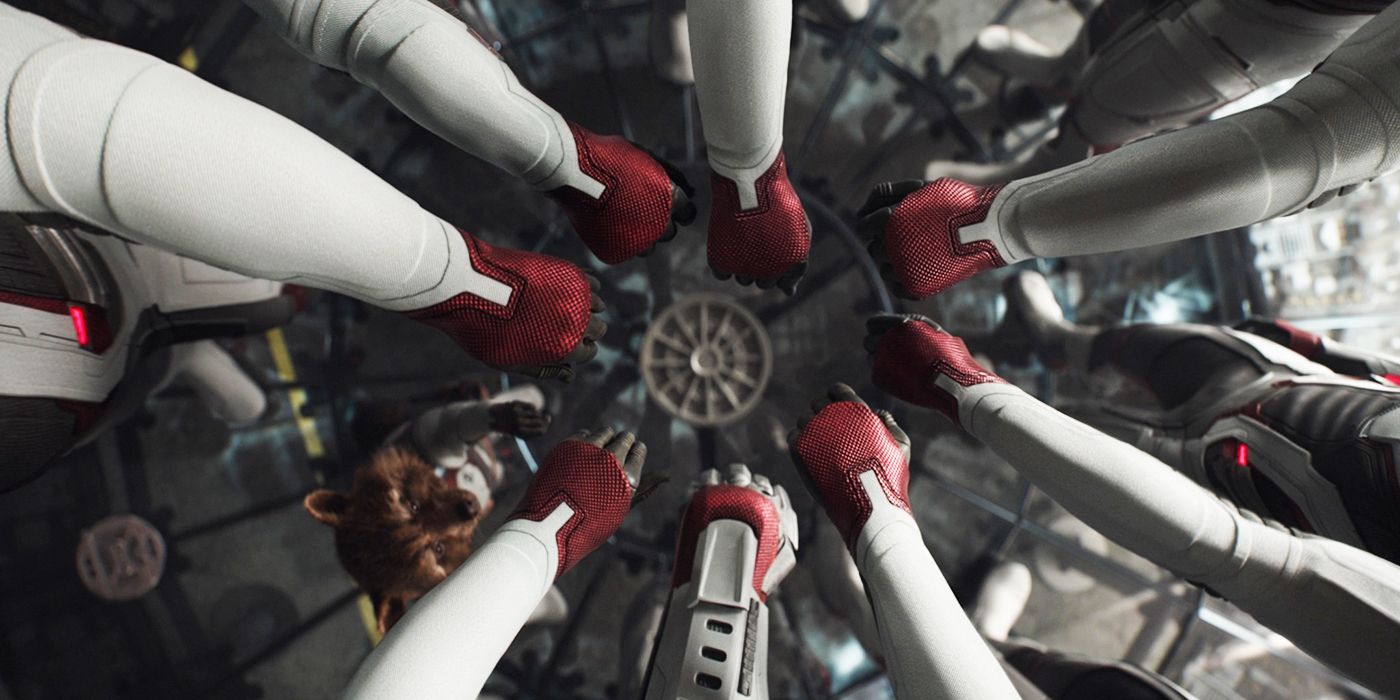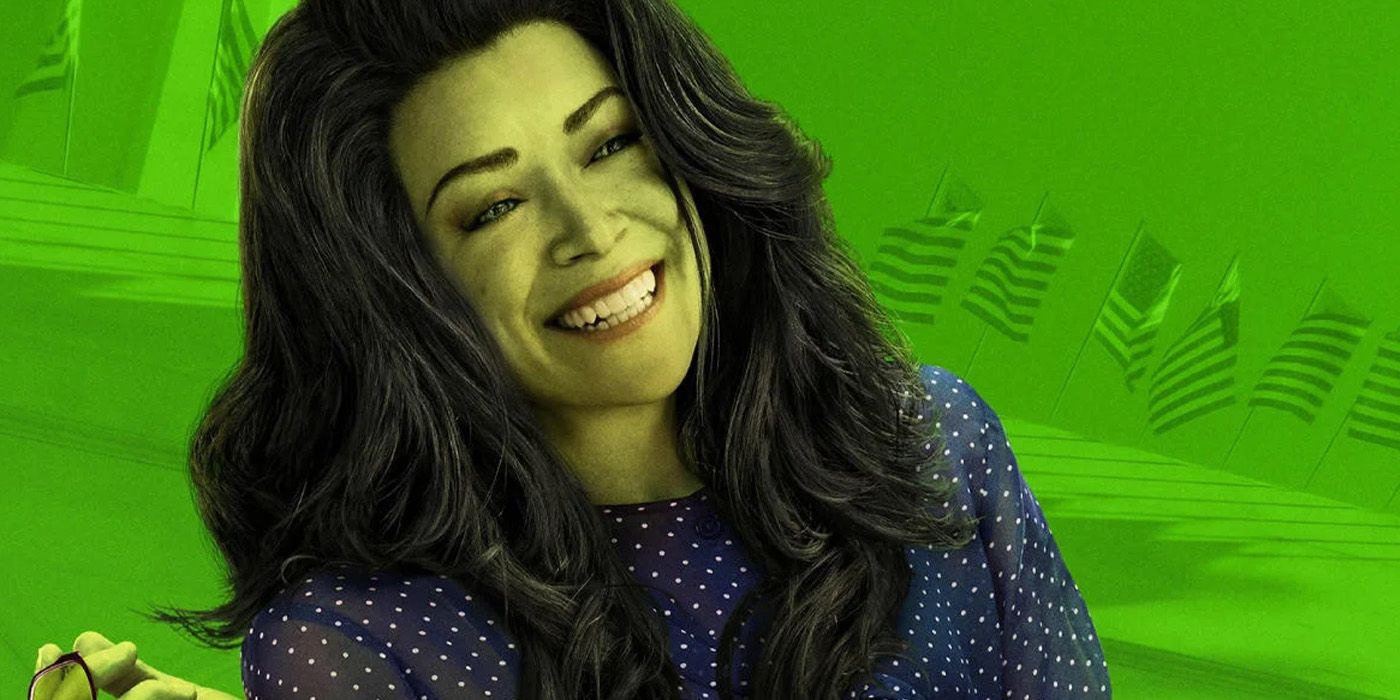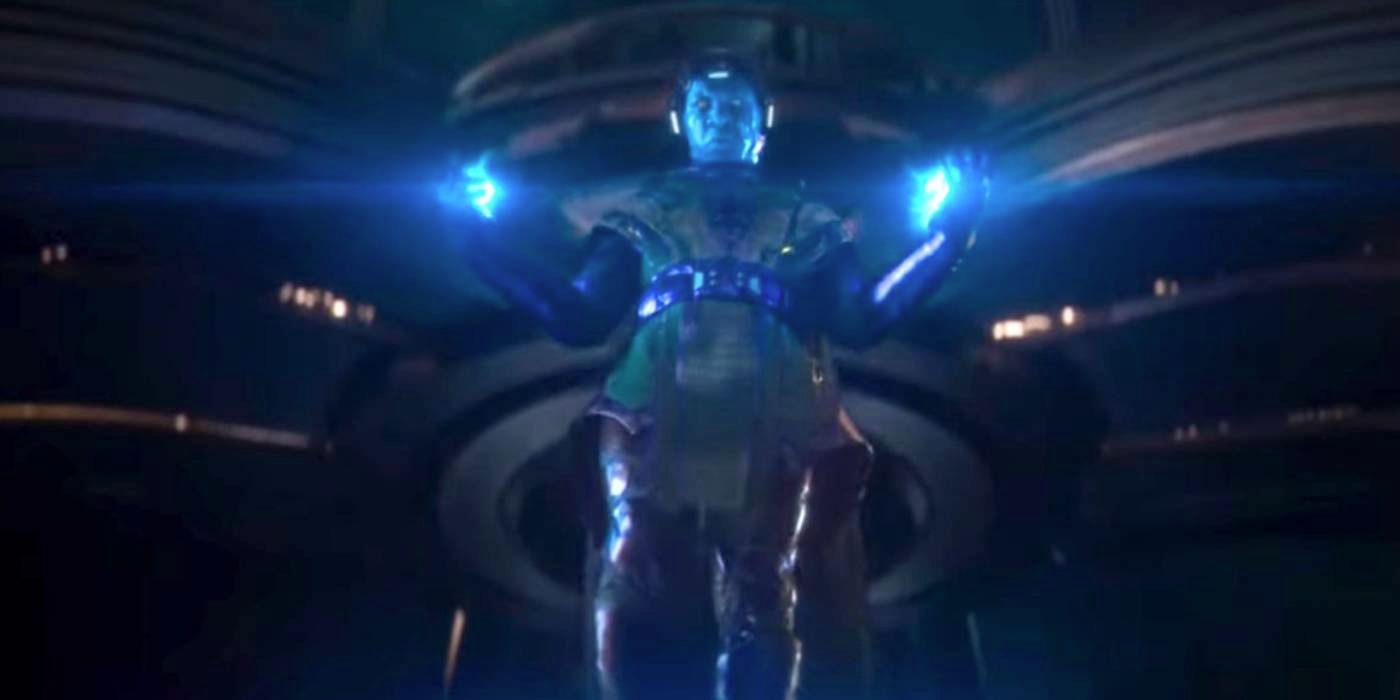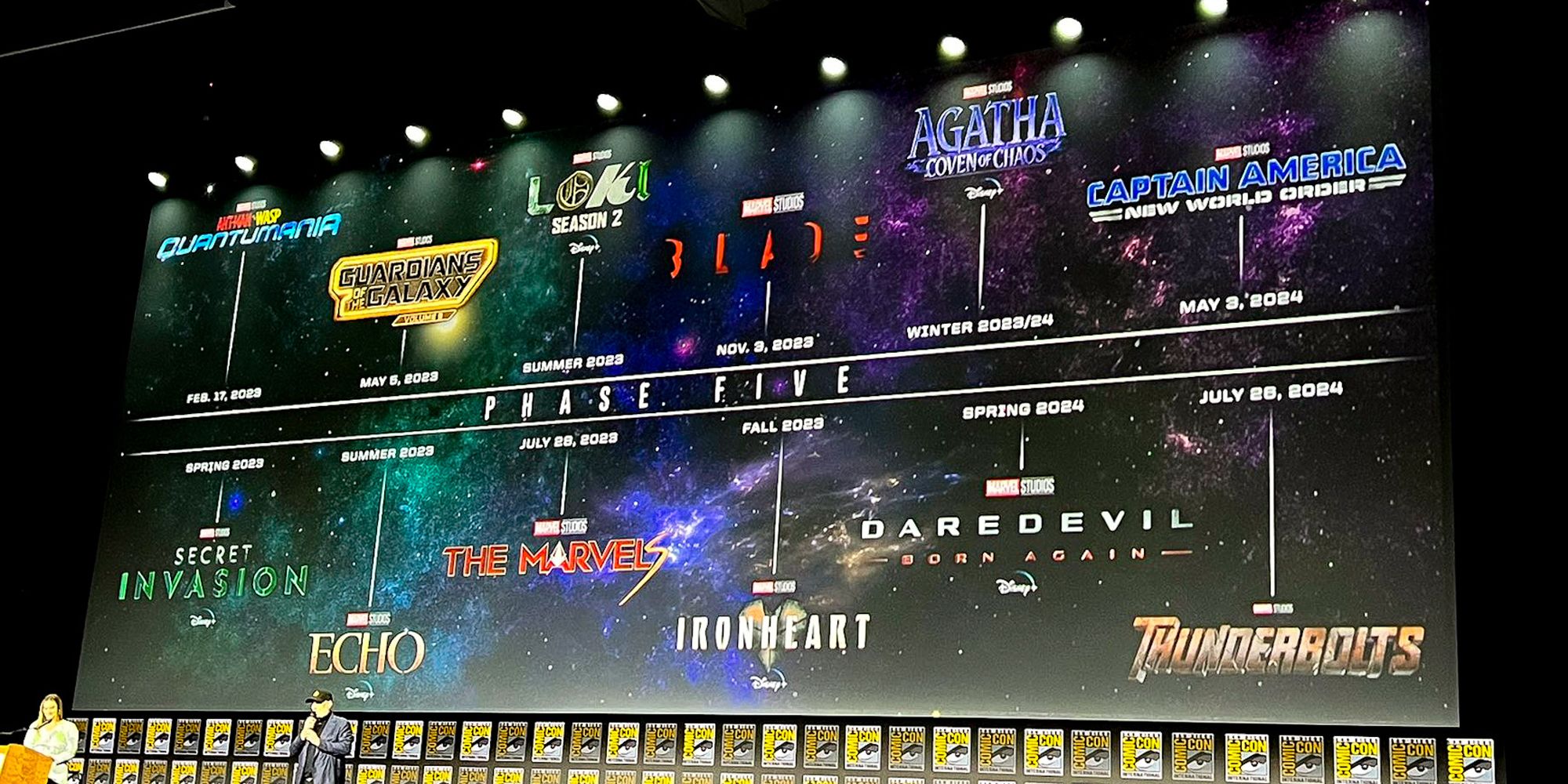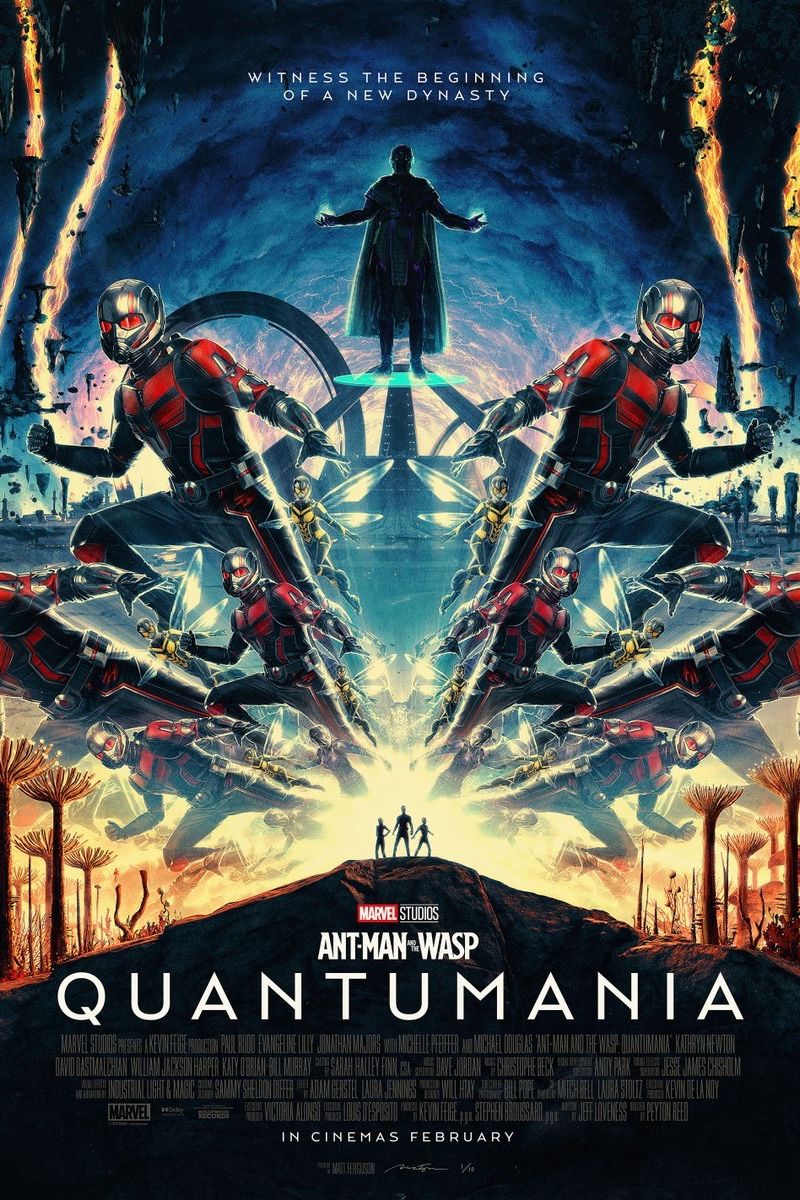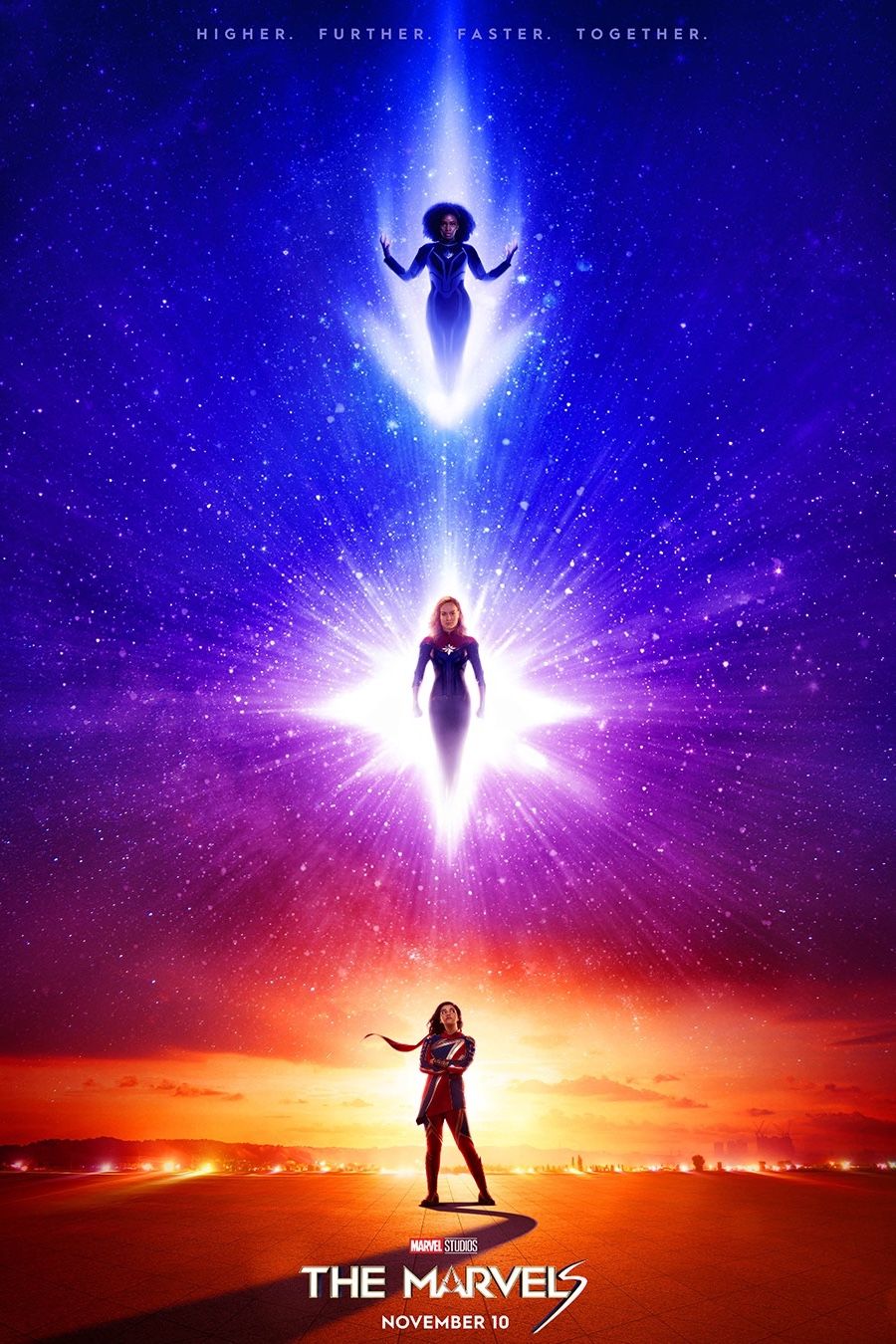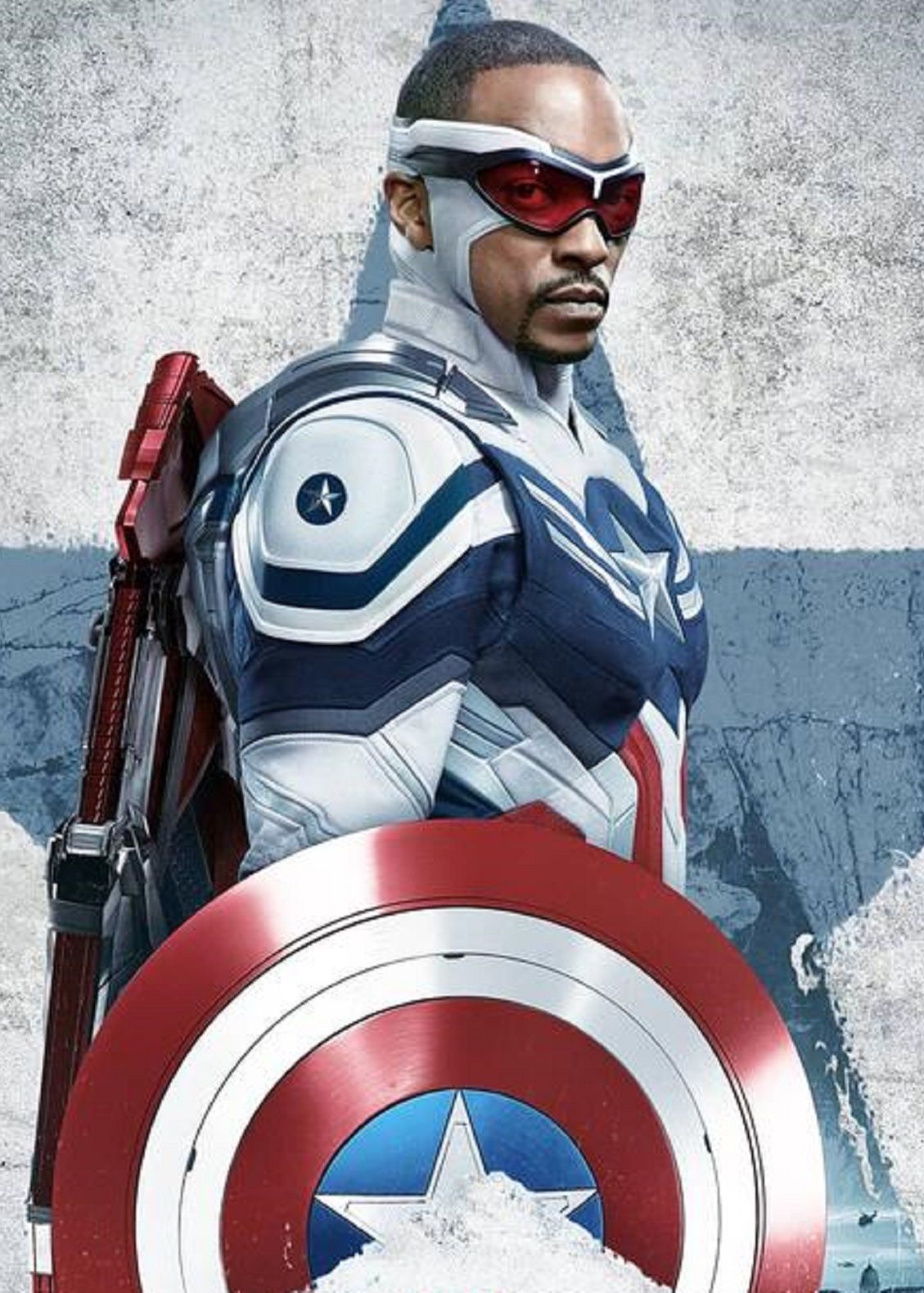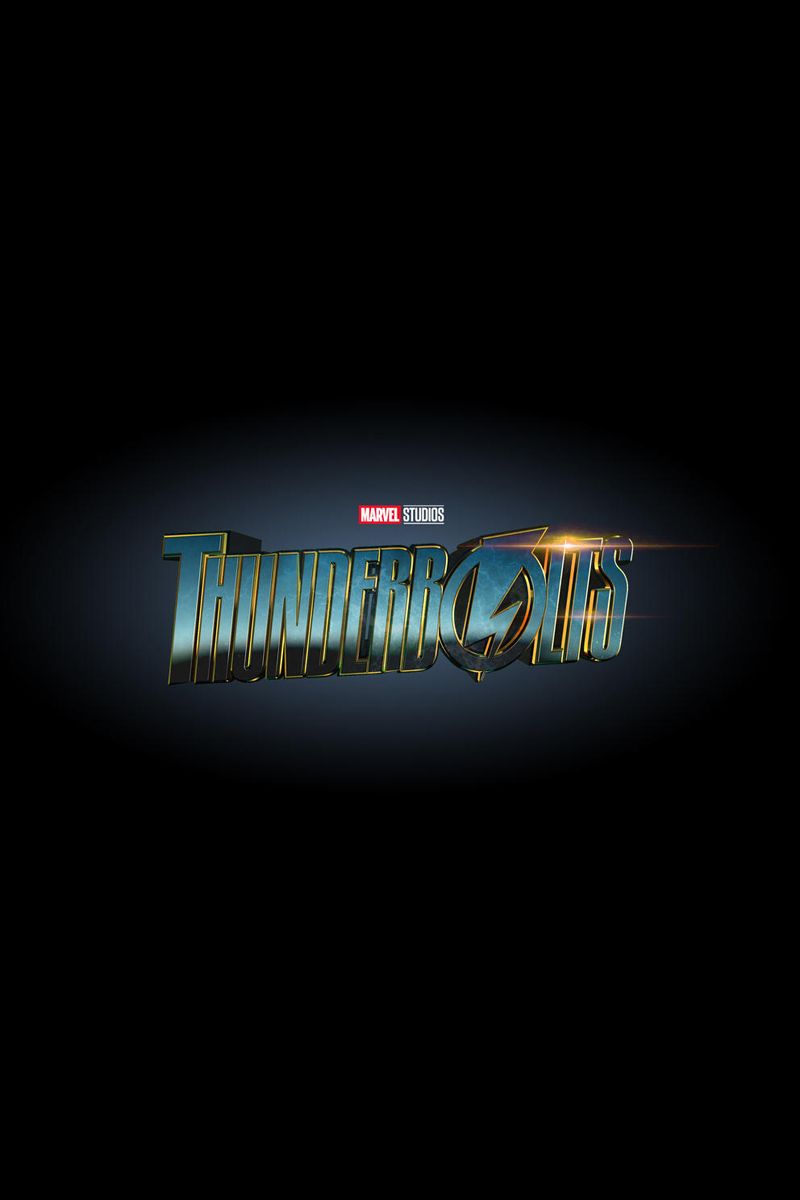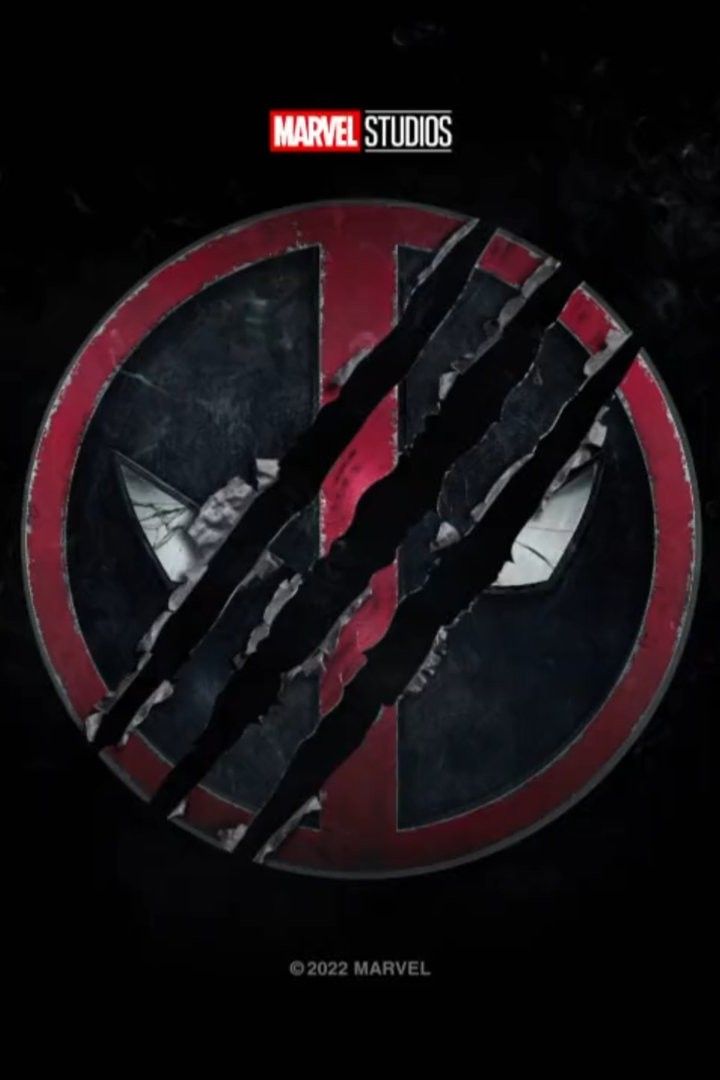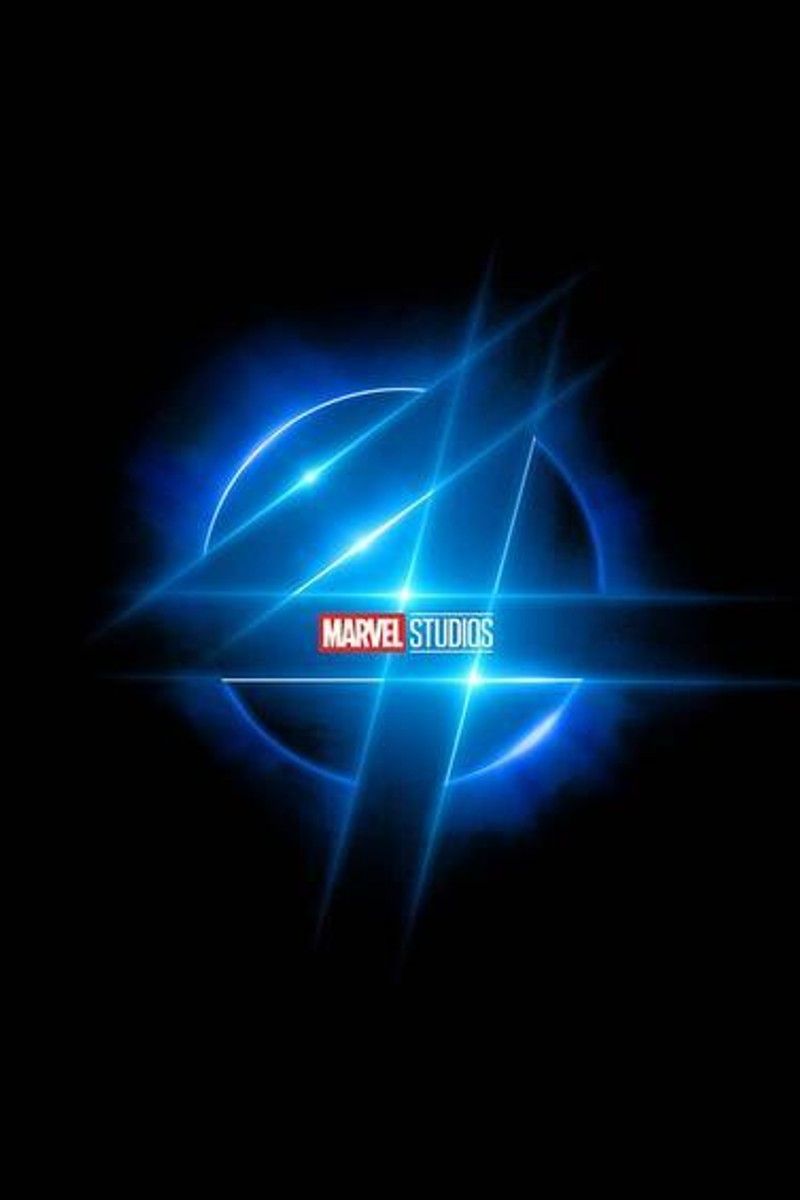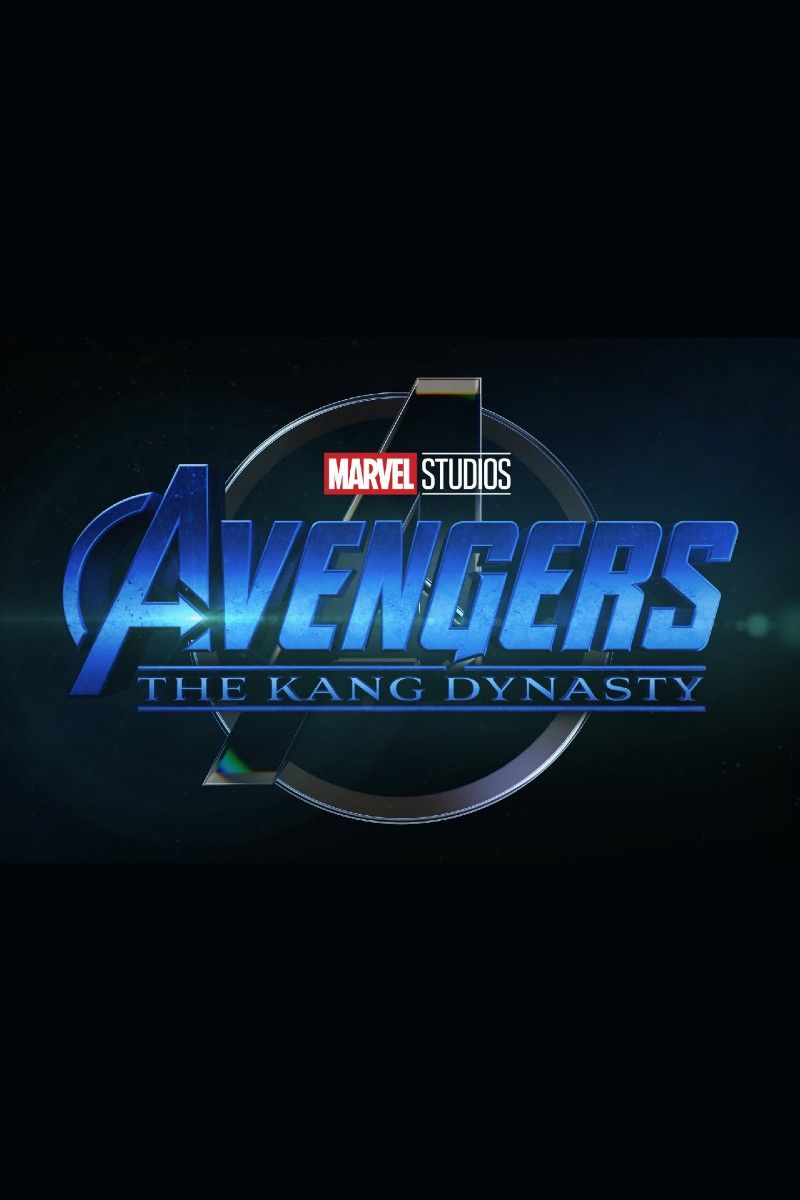According to She-Hulk: Attorney at Law, the Sokovia Accords have been repealed in the MCU, but considering that they were still law during WandaVision, something big must have changed off-screen. First introduced in Captain America: Civil War, the Sokovia Accords were a set of legal documents ratified by the United Nations as a response to previous reckless actions by the Avengers that prevented superheroes from taking action unless it was sanctioned by the government. Since Civil War, the Sokovia Accords were barely mentioned in the MCU, with many viewers assuming that they were repealed due to the events of Avengers: Endgame. However, the Accords were actually repealed offscreen sometime between the events of WandaVision and She-Hulk - and here's why.
The Sokovia Accords were mentioned in WandaVision episode 5, "On a Very Special Episode..." with Jimmy Woo explaining that Wanda violated the Sokovia Accords by stealing Vision's body from SWORD. At first thought, it would seem like the events of WandaVision would bring about a more strict version of the Sokovia Accords, as the series revolved around a former hero using her powers to enslave an entire town. However, it seems that the repeal of the Sokovia Accords may have been completely unrelated to the events of WandaVision. Although nothing is confirmed, the repeal of the Sokovia Accords may have had something to do with the very person who spearheaded their passage: Thaddeus Ross. In Avengers: Infinity War, War Machine (who was formerly pro-Sokovia Accords) touched on his regrets about the law to Ross. Although Ross was initially aggressive, attempting to court-martial War Machine, Ross himself seems to have changed his attitude towards superheroes by the end of Avengers: Endgame, appearing at Tony Stark's funeral alongside heroes that had previously broken the Accords. This goes to show that some of the biggest supporters of the Accords have turned against it, possibly leading to the repeal - but there's still a lot more going on.
Why The Sokovia Accords Weren't Repealed After Avengers: Endgame
Although many have theorized that the Sokovia Accords were repealed soon after Avengers: Endgame, it makes sense that they weren't. Thanos' snap killed half the universe, causing the government to be in shambles for five years. Everyone returning in the Blip simply exacerbated these governmental issues, with millions of people being misplaced due to the events of the two films, something that is pointed out by the Flag-Smashers in The Falcon and the Winter Soldier. While the government may have been planning to repeal the Sokovia Accords, it probably wasn't a high priority, with them most likely putting it on the back burner in order to take care of the severe repercussions of Thanos' actions. The legal systems in the MCU are undoubtedly just as complex as the real-life legal systems, explaining why it took a while before the United Nations got around to repealing the Sokovia Accords.
What Changed Between WandaVision & She-Hulk?
Two big changes have occurred in the MCU that have affected the Sokovia Accords between WandaVision and She-Hulk. The first of these is the way that the legal system handles superhumans. The Sokovia Accords were initially passed as a way to regulate superhumans, something that hadn't really existed in the MCU prior to Captain America: Civil War. Spider-Man's trial in Spider-Man: No Way Home, and the various trials in She-Hulk have shown the growing complexity of the superhuman legal system in the MCU, providing a way to hold rogue heroes accountable without having to use the strict proceedings laid out in the Sokovia Accords. Superhuman defense firms like GLK&H have even popped up since WandaVision, proving that the government has found more complex and equitable ways to regulate superhumans. These new legal paths most likely negated the need for the Sokovia Accords, explaining why they have been repealed.
The second major change has to do with the types of superheroes that currently populate the MCU. Before Captain America: Civil War, pretty much every hero was a citizen of Earth (with the exception of Thor). Because of this, governments could hold superhumans accountable, as they didn't have anywhere else to go. Now, however, more and more superheroes are appearing from other worlds, with the Eternals being created by a Celestial, the Guardians of the Galaxy coming from space, and even America Chavez coming from a different universe. The Sokovia Accords were created to limit the damage caused by superheroes, but now that superheroes can simply leave Earth, it's much harder for the United Nations to hold these heroes accountable.
The Sokovia Accords Repeal Could Hint At A Major New Character
It's also possible that an as-yet unseen character could have had a hand in the repeal of the Sokovia Accords. It could be that Charles Xavier believed that the Sokovia Accords was discriminatory against mutants, as many of them can't turn their powers off, causing him to advocate for their repeal. Someone as wealthy and as intelligent as Reed Richards may have used his influence to get the Accords overturned, allowing him to form his own superhero team. It could also be whoever bought Avengers Tower, as someone with the money to buy that building would easily have the money to influence the government. It could have to do with a new Thunderbolts character, as Valentina Allegra de Fontaine would understandably want as much leeway as possible when it comes to leading her new black ops team. The repeal of the Accords could even have a villainous motivation behind them, with Wilson Fisk or even Kang the Conqueror wanting to get rid of them for their own nefarious purposes. There are still so many unknowns regarding the repeal of the Sokovia Accords, meaning that there are a wide variety of characters who could be behind this major MCU shift.
No Sokovia Accords Is Good (& Necessary) For The MCU's Future
Repealing the Sokovia Accords isn't just good for the MCU's future - it's necessary. The rules of the Sokovia Accords are pretty restrictive, with the intent being that every superhuman gets government approval before going on a heroic mission. Having a scene in every MCU project where the hero sends a request form to the government would be boring, unnecessary, and repetitive, with the Accords burdening each story for the sake of consistency. It would also be impossible for characters who hide their identities, like Daredevil and Ms. Marvel, to exist without constantly being hunted down by the government. While the Sokovia Accords were good for the story of Captain America: Civil War, and it's appropriate for them to have been brought up in WandaVision, the current MCU is better without them.

